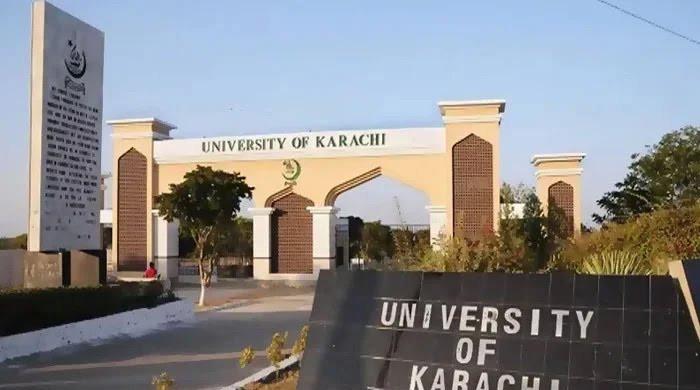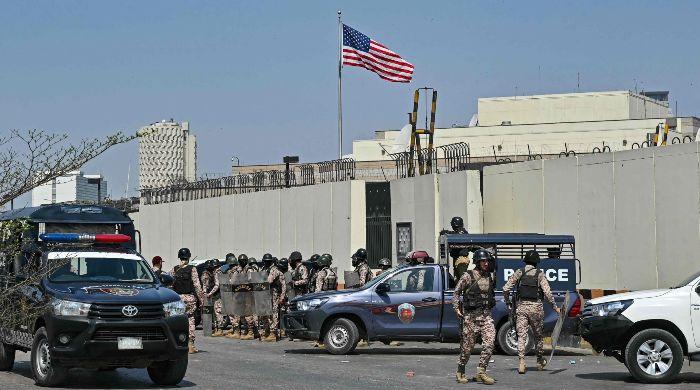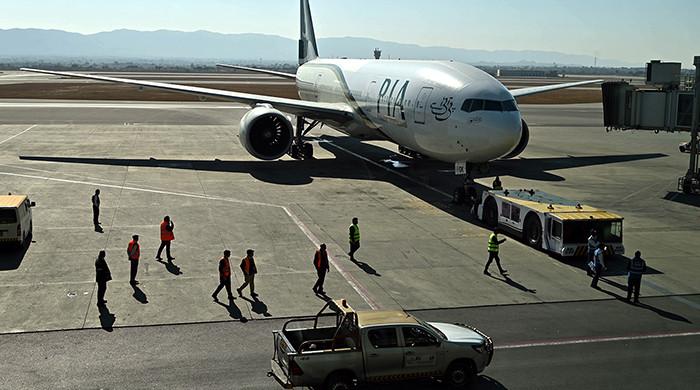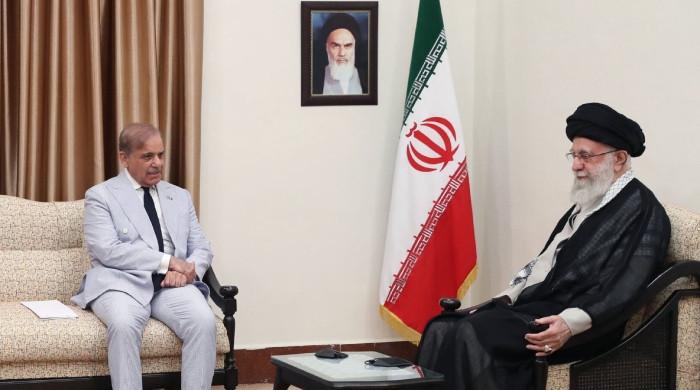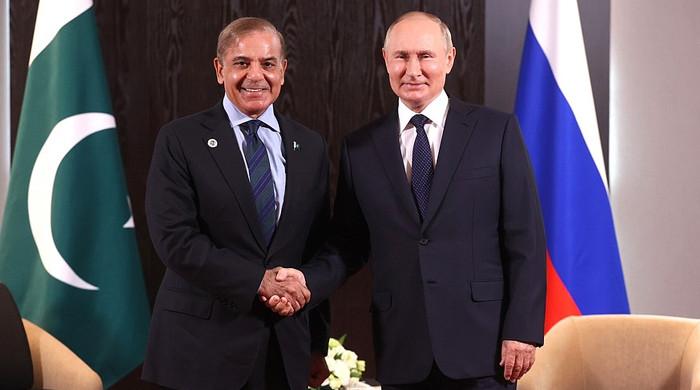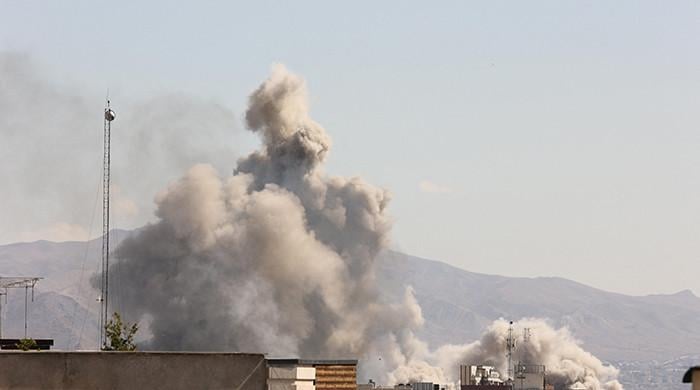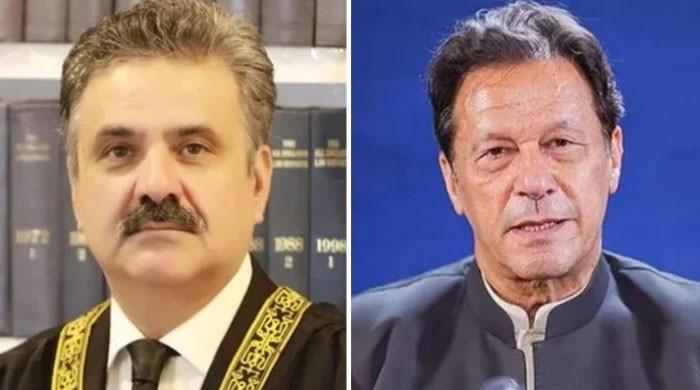In meeting with Bilawal, Nawaz seeks end to ‘individual influence' over justice system
PML-N chief emphasises preventing “any individual from destabilising country’s democratic system”
October 10, 2024

- PPP, PML-N united in promoting political tolerance: Nawaz.
- PML-N chief praises 18th amendment for strengthening democracy.
- Bilawal commends Nawaz’s invaluable experience, leadership.
ISLAMABAD: As the government determined to introduce a judiciary-centric constitutional package, Pakistan Muslim League-Nawaz (PML-N) President Nawaz Sharif met Pakistan People’s Party (PPP) Chairman Bilawal Bhutto-Zardari and called for a justice system where institutions and public opinion hold more weight than individual influence.
According to a statement, the meeting took place at Punjab House, Islamabad, where the former three-time prime minister warmly welcomed Bilawal — who is spearheading the efforts to build consensus on constitutional amendments.
During the meeting, the politicians expressed satisfaction over decline in the inflation rate from 32% to 6.9%, the reduction in the policy rate, overall economic progress, and the continuous improvement in economic indicators, including the record $8.8 billion remittances sent by overseas Pakistanis.
The two leaders expressed optimism about the swift relief for Pakistan and its people, calling it an auspicious sign, while also welcoming the arrival of the Saudi investor delegation and the hosting of the Shanghai Cooperation Organisation (SCO) summit in the federal capital.
The two leaders agreed that these activities mark a highly positive development for Pakistan’s international standing and economic progress.
Speaking on the occasion, Nawaz said that time has proven the 2006 Charter of Democracy (CoD) to be a historic and timely decision. He credited the charter with stabilising democracy, allowing parliament to complete its term, and uniting political parties against non-democratic forces that promoted sit-ins and unrest.
The PML-N president stressed the importance of preventing any single individual from dominating and potentially destabilising Pakistan’s democratic system.
He advocates for a system where no one has the authority to undermine the democratic process at will, ensuring the country and its people are protected from being led into darkness by individual ambitions.
“Today’s economic success relies heavily on political unity and agreement”, said Nawaz adding in fact, the CoD emphasised the importance of all forces working together to achieve economic and political stability in Pakistan, ultimately leading to a prosperous nation.
He further stated that PPP and PML-N were united in promoting political tolerance, morality, constitution, law and parliamentary supremacy.
He praised the 18th Amendment for strengthening institutions and democracy, and commended Bilawal’s political efforts, emphasising collective progress over individual interests.
Meanwhile, the PPP chairman praised the historic contributions of former PM Benazir Bhutto and Nawaz in advancing Pakistan’s democracy, emphasising the need to continue this journey.
He commended Nawaz’s invaluable experience, vision, and leadership, stating that Pakistan greatly benefits from his political expertise.
Last month, the coalition government made a futile attempt to pass a ‘closely-guarded’ constitutional package amid speculation about a potential extension in the tenure of Chief Justice of Pakistan (CJP) Qazi Faez Isa.
However, the government failed to even table the amendments in parliament after JUI-F chief refused to support the government's judicial package, leaving the contentious amendments hanging in the balance.
Ostensibly, the government was short of 13 votes in the National Assembly and nine in the Senate as the said legislation requires a two-thirds majority in both houses.




